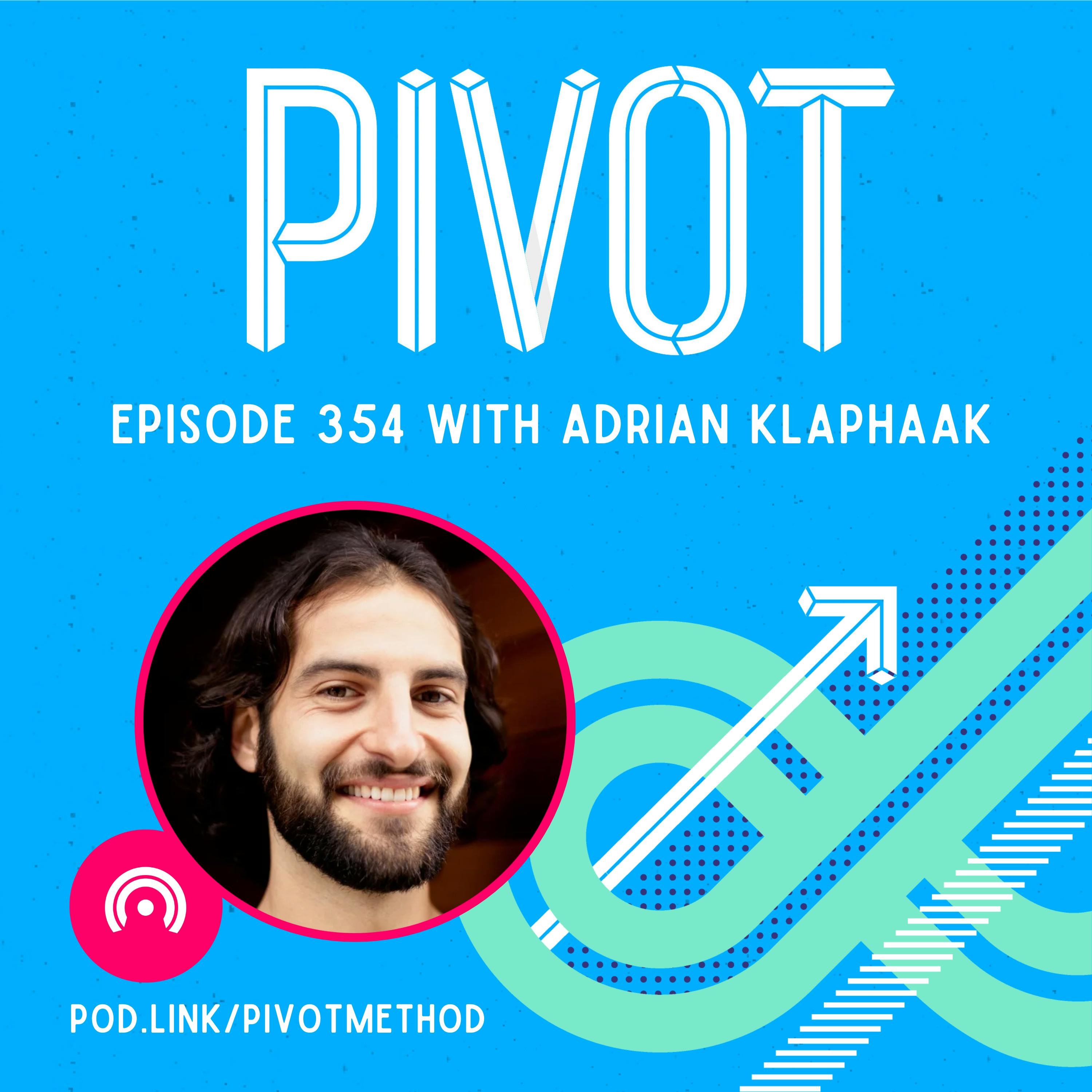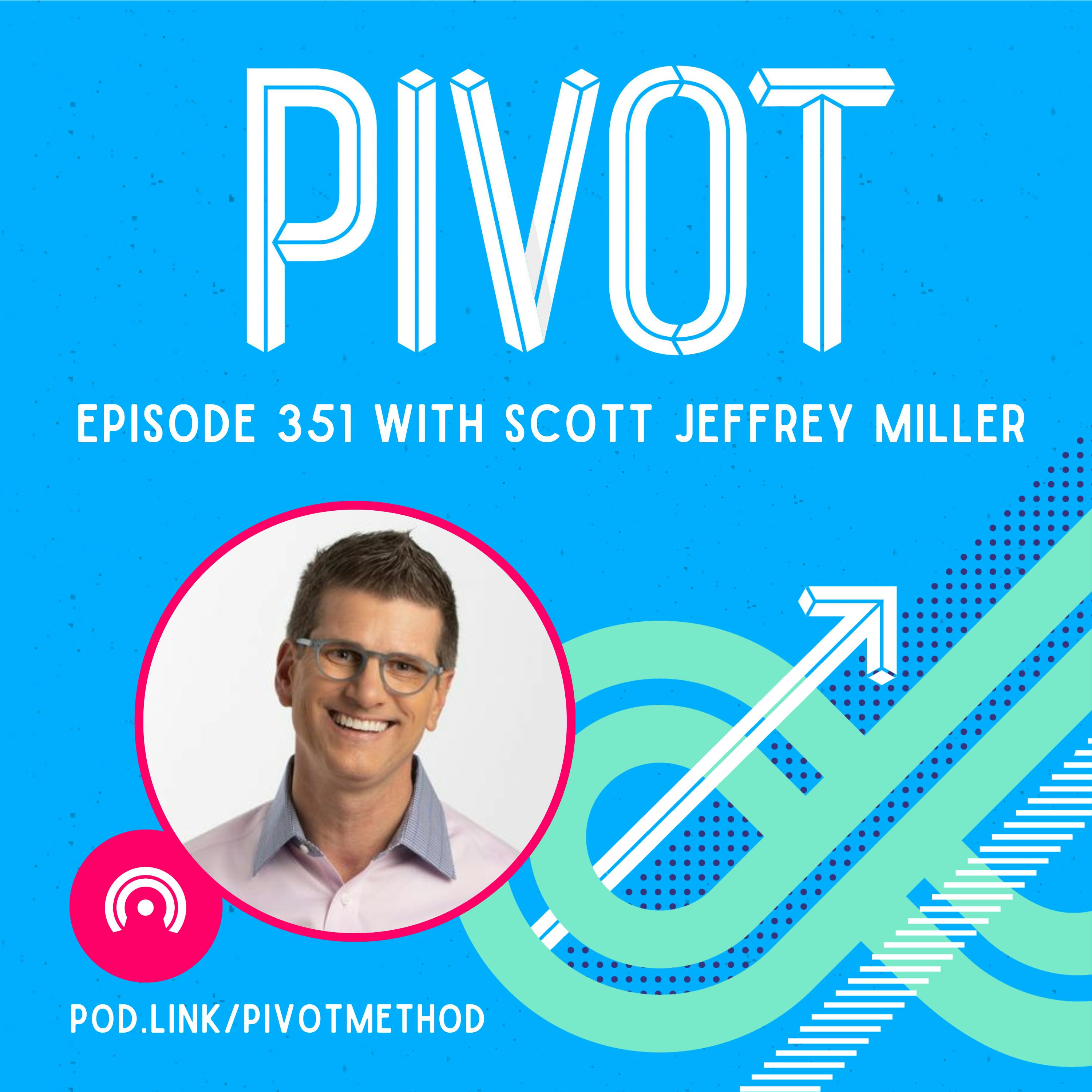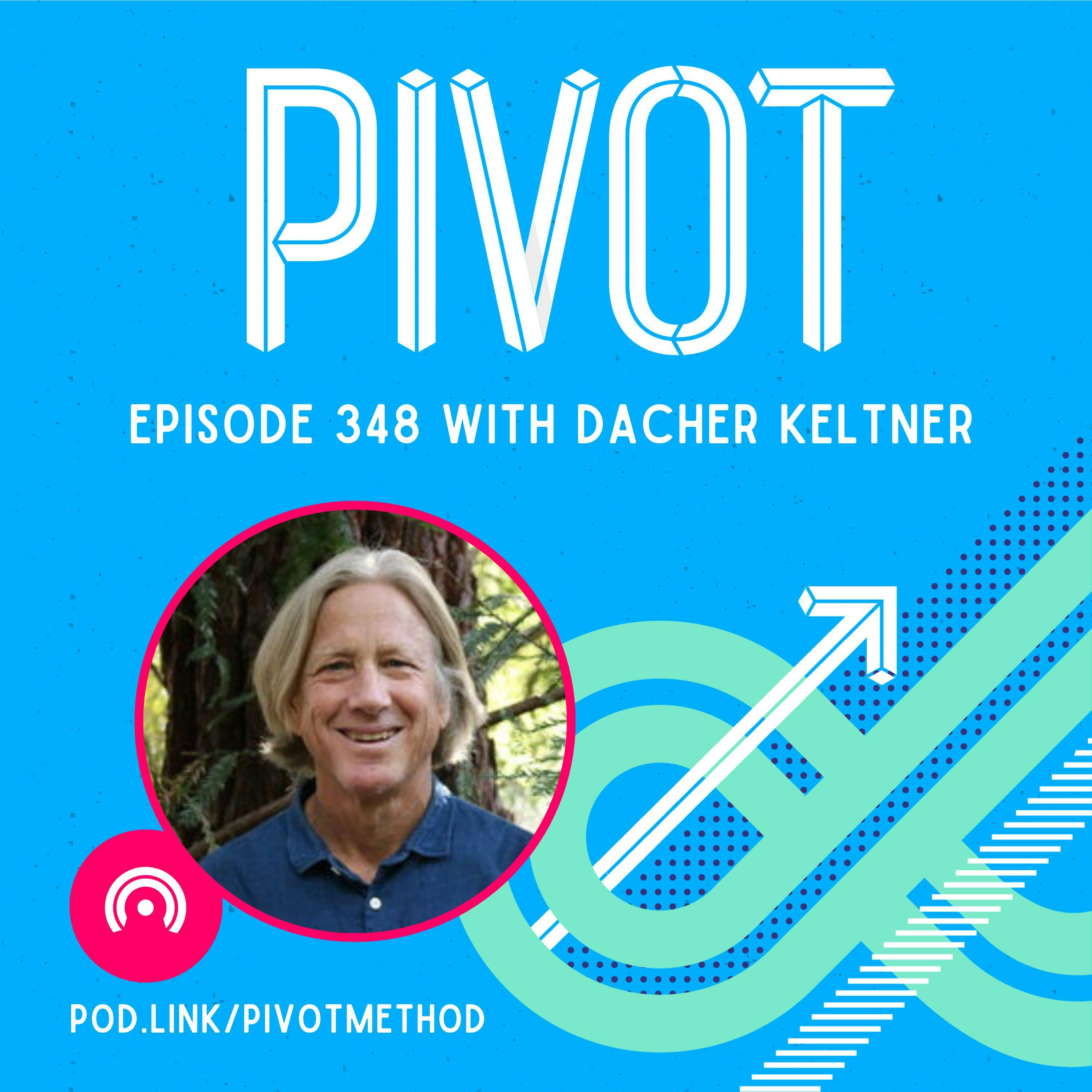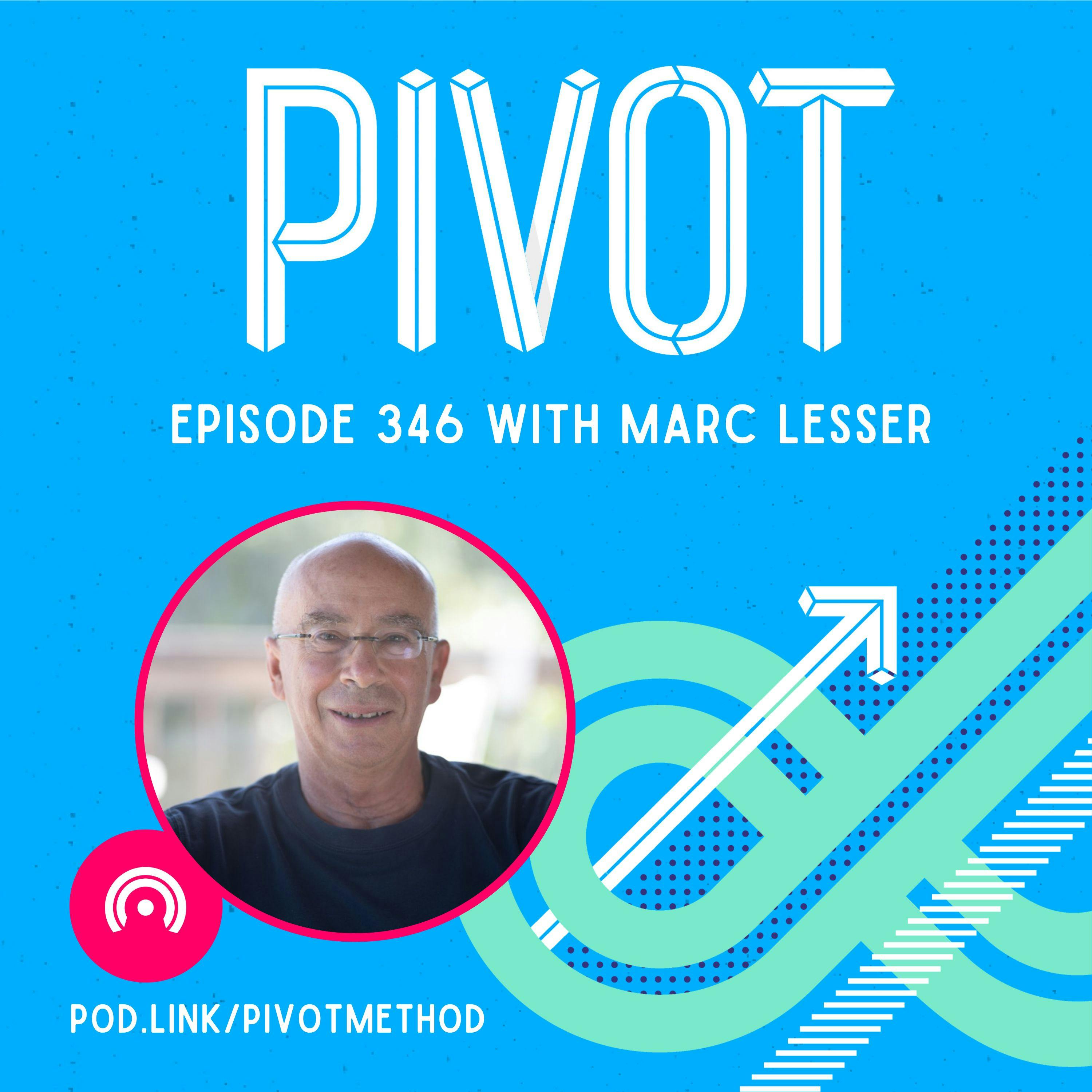Are you falling into “accidental jerk” mode while mentoring others without realizing it? Today’s guest, Scott Jeffrey Miller, is sharing nuances of mentoring that you have likely never considered. What it means to truly validate someone (with an example that made me blush!), how to set boundaries with your time and expectations, the thirteen different roles mentors can play, and his delightful six-step process for closing out with mentees.
More About Scott: Scott Jeffrey Miller is a sought-after speaker, WSJ-bestselling author, and podcast host. He currently serves as FranklinCovey’s senior advisor on thought leadership. Prior to his advisory role, Scott was a twenty-five-year FranklinCovey associate, serving as the Chief Marketing Officer and Executive Vice President. He is host of On Leadership With Scott Miller, and today we’re talking about his latest book, The Ultimate Guide to Great Mentorship: 13 Roles to Making a True Impact.
🌟 3 Key Takeaways
The 13 roles mentors can play (not mutually exclusive) are: The Revealer, The Boundary Setter, The Absorber, The Questioner, The Challenger, The Validator, The Navigator, The Visionary, The Flagger, The Distiller, The Activator, The Connector, and The Closer.
Don’t be an accidental jerk: The session and mentoring relationship are not about you! You are not your mentee. Don’t dominate the sessions by talking too much, or lean too heavily on advice-giving.
Scott’s 6-Step Close-Out Process: Revisit where your mentee started, share funny/tender learnings about their growth, re-identify and communicate go-forward commitments, resurface worthy concepts that were closed or tabled, celebrate the wins and learn from the losses, recap your confidence in them and outline any areas of potential support.
There are important differences between coaches, mentors, managers, allies, champions, and sponsors: Coaching is a profession; you have a process and a pedagogy. Mentors are usually in a leadership position; marshaling their wisdom for the benefit of someone else; it’s mission-centric and pro-bono, a little more informal. Allies and champions know how trustworthy you are, can recommend you for roles.
✅ Try This Next
Help your mentee clarify their goals of what they are really trying to accomplish. Be hyper-aware of what it’s like to be mentored by you. Bonus: Create a hand-crafted certificate of completion, from the heart, for the next mentee who closes out with you. As Scott writes, “I’m totally serious. Don’t download a certificate from some site. Draw one. With markers and crayons and illustrate what you’re certifying them in—what specifically you’re awarding them with.”
🔗 Resources Mentioned
Scott on the web, IG, Twitter, LinkedIn
Articles: Scott’s Inc.com column
📚 Books Mentioned
The Ultimate Guide to Great Mentorship by Scott Jeffrey Miller
The Road Less Stupid by Keith Cunningham
Your Next Five Moves by Patrick Bet-David
The Advice Trap by Michael Bungay Stanier
Free Time: Lose the Busywork, Love Your Business
Pivot: The Only Move That Matters Is Your Next One
Life After College
🎧 Related Episodes
On Leadership with Scott Miller: Your Next Five Moves with Patrick Bet-David
Pivot: 026: Tame the Advice Monster with Michael Bungay Stanier
Free Time: 057: You+ vs. You 2.0 with MBS
❤️ Enjoying the show? I'd be grateful for a rating and/or review! Even better? Share this episode with a friend :)
💌 Get my curated weekly(ish) PivotList newsletter
💻 Check out Jenny’s Pivot courses on LinkedIn Learning: Figuring Out Your Next Move, Holding 1:1 Career Conversations With Your Team, Managing Introverts, Coaching New Hires, and Coaching New Managers
💬 I’d love to hear what’s on your mind! Take the Pivot listener survey
☎️ Submit a question or comment for future episodes
🎧 Make sure you’re subscribed wherever you listen to ‘casts
📝 Check out full show notes at http://pivotmethod.com/351
Learn more about your ad choices. Visit megaphone.fm/adchoices


























Always insightful and thought provoking. interesting that your guest referenced turning off feedback and comments as feedback both positive and negative can be useful in calibrating against one's own blind spots. If commentators like Joe Rogan, as she illustrated and someone who is a lightning rod for controversial statements finds comments to be negative or as she indicated "sting" then perhaps they should recognize that extreme views come with equally direct and pointed feedback.